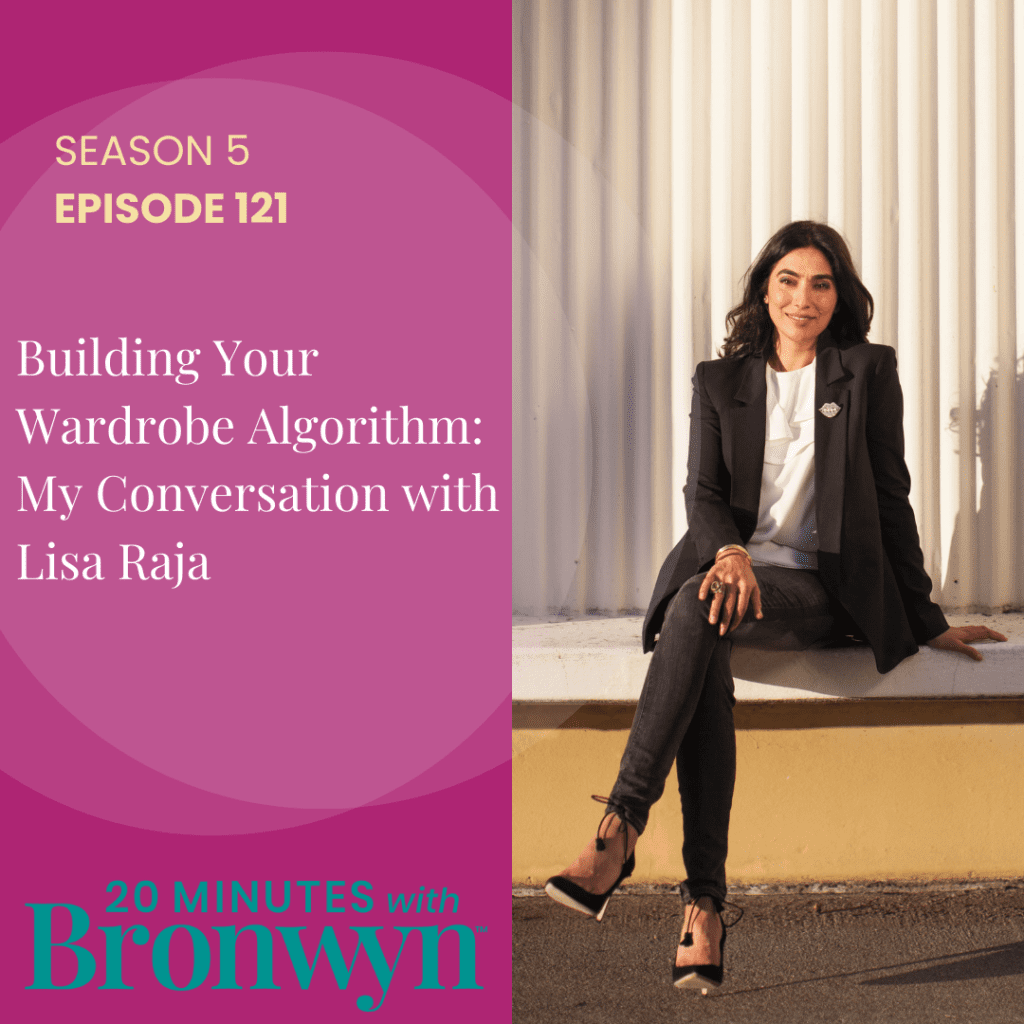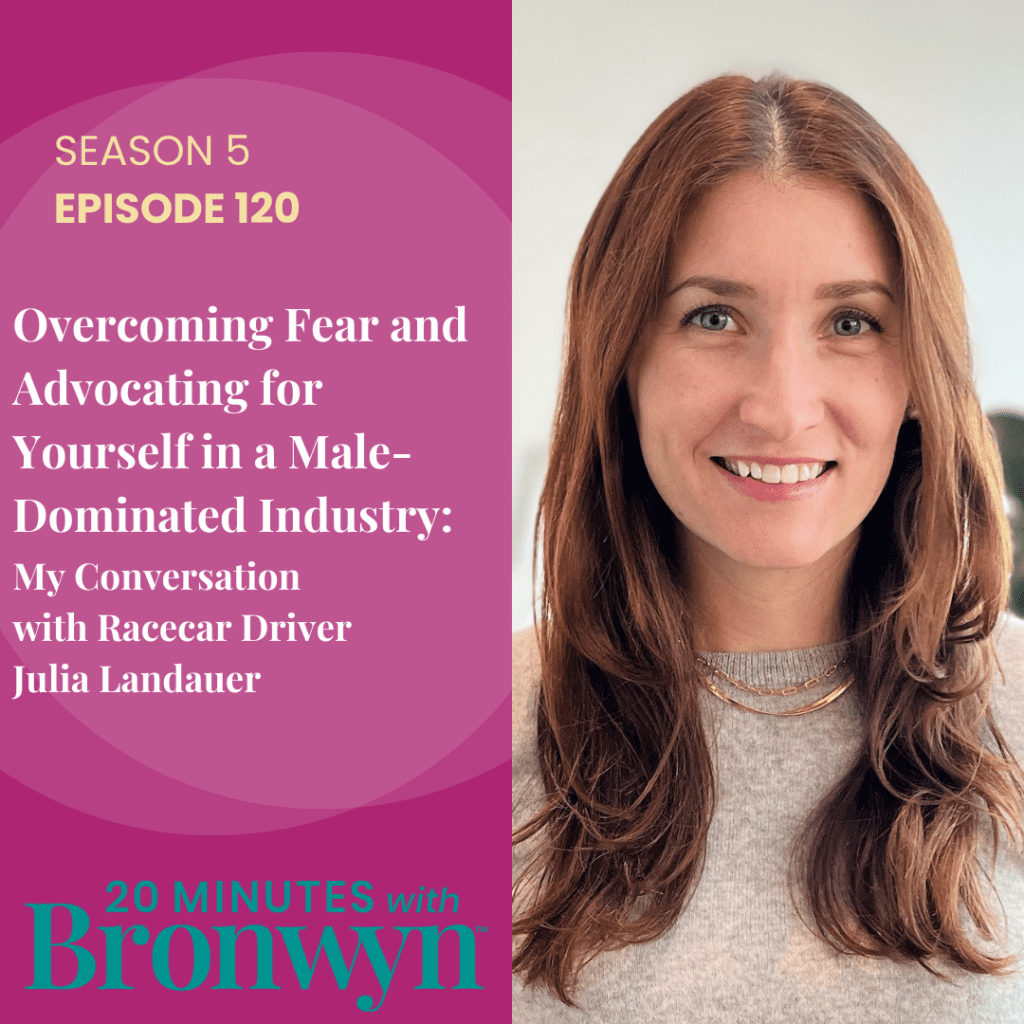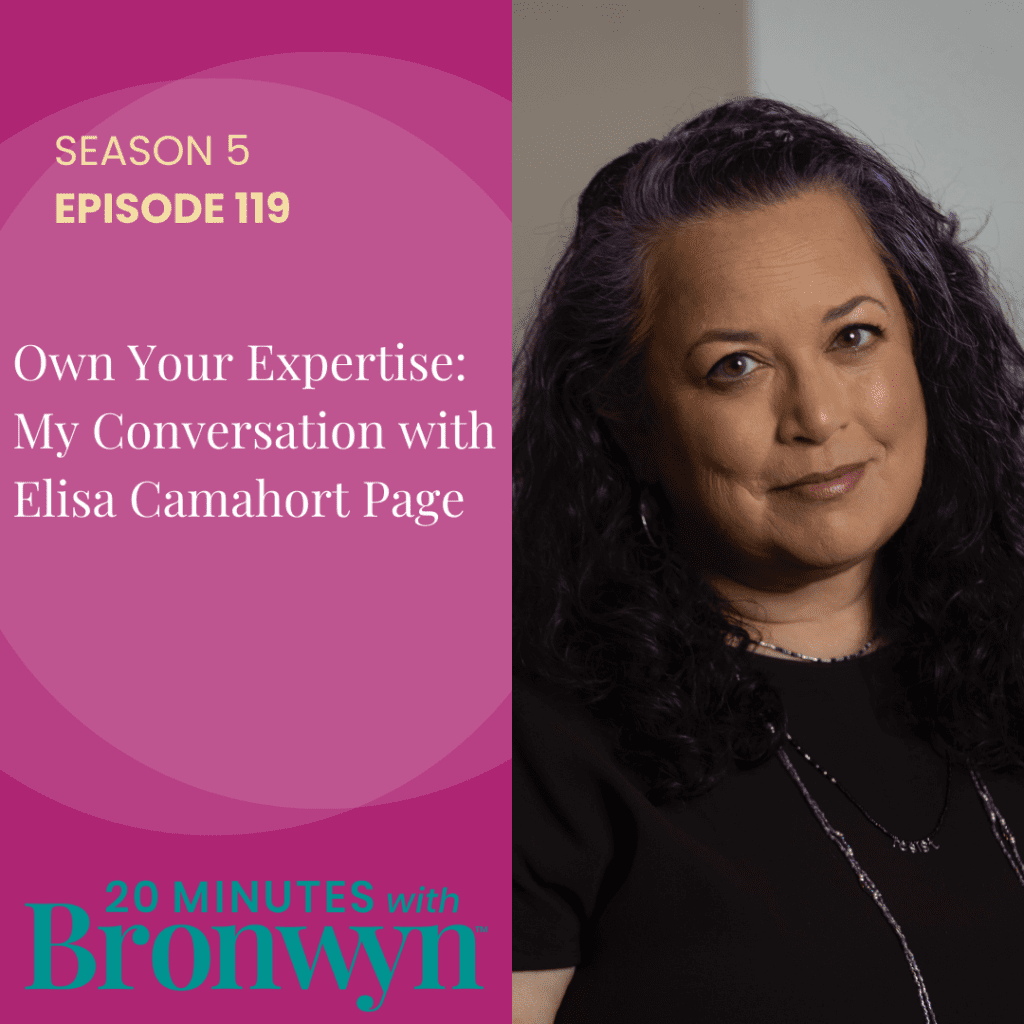In Sunday’s New York Times, Adam Grant contributed a great article entitled,“Unless You’re Oprah, ‘Be Yourself’ Is Terrible Advice.” In it, he took aim at a concept that has become quite fashionable as of late: Authenticity.
Grant describes the danger of being “authentic” at all times, and how it can lead to blurting out all manner of inappropriate things to people, and how your life will come to a screeching halt if you let authenticity have free reign over your mouth.
Grant’s piece perfectly summed up for me something I encounter with clients all the time: there are lots and lots of ways of defining the “authentic self,” and some are more useful than others, especially when you’re trying to perform under pressure.
In his OpEd piece, Grant seems to define the authentic self as the motley crew of raw reactions and emotions floating around in our heads at any given moment. And this leads to a troubling conclusion for many of us… what if your “authentic self” is a real a-hole? What if your “true self” is petty, or anxious or depressed or mad as hell? And how do you get up and give a rousing TED Talk (or raise your hand to speak during a PTA meeting or present your budget recommendations to the executive team) with this so-called authentic self in the driver’s seat? By that definition, I completely agree with Adam Grant. Listening to that “self” would mean utter ruin and disaster!
But here’s the thing: I don’t buy that definition of the authentic self. Not for a second.
As a communication coach who has helped midwife hundreds of talks, a good portion of them TED, TEDx and TED Global talks, I’ve observed that there is more than just one “self” living inside of each of us. And the “self” you choose to “be” makes all the difference once it’s go time.
Little Me vs. Big Me
The dangerous “authentic self” Grant cautions against reminds me of Eckhart Tolle’s description of the “Little Me,” our smallest sense of self. When you feel slighted by someone, it’s Little You that is noticing the slight. When you feel anxious, it’s Little You that is running nightmare scenarios on a continuous loop. Little You is constantly scanning the horizon, looking for people to compare yourself to.
In short, Little You can be a real pain in the ass. When that “you” in charge, you get by, but just barely.
Big You, on the other hand, believes that you are worthy. Big You believes that you belong and that what you say matters. Big You sees opportunity and possibility around every corner. Big You wants to be of service to something greater than yourself. Big You sees the good in everyone, and when you’ve got a big presentation to give, Big You doesn’t get self-conscious—Big You just focuses on serving the audience in whatever way you can. When Big You is running the show, life just gets better and richer and deeper.
The challenge with Big You is that its voice is often the most difficult to hear. Why? Because Little You is loud as hell.
Little You swings between feeling inferior and superior. Little You believes there’s isn’t enough to go around. Little You is the star in a victim narrative. As you can imagine, any communication that flows from Little You tends to be ill-conceived or poorly executed.
Which is why it is so critical that we learn how to dial back the volume on Little You and its constant yammering and dial up the volume on Big You.
Whenever I work with someone to prepare them for a big moment—whether that’s a shot at the TED stage, a CNN appearance or some other high stakes presentation—a large portion of our work is figuring out who that Big You is, and how best to tune into it, leaving the screaming Little You behind. The amazing part is that once someone learns how to tune into that Big You frequency, some of their worst communication habits melt away almost instantly.
So, do I advise clients to “just be yourself?” I sure do. But it sounds more like this:
“Remember who you are. You’ve done the work, now trust yourself to say what needs to be said.”
That’s where the magic happens.
So, the next time someone tells you to “just be yourself,” know that they are asking for Big You. The You that knows you’re enough. The You that has something to offer the world, and is ready to share it with your whole heart.
That kind of authenticity never goes out of style.
















